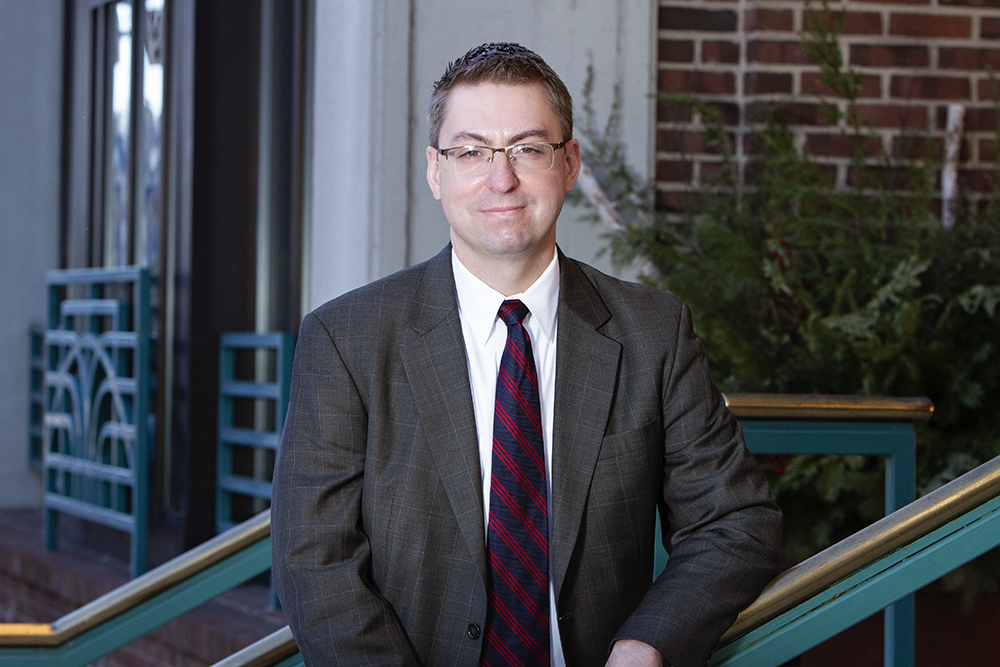On January 10, 2024, the Commonwealth Court held in NHL Players Ass’n v. City of Pittsburgh, (No. 1150 C.D. 2022) that the City of Pittsburgh’s Facility Tax — a unique tax on nonresidents who use a sports stadium or arena (“Facility”) to engage in an athletic event or other performance — violated the Pennsylvania Constitution.
The Local Tax Enabling Act (“LTEA”), a state statutory act, permitted the City of Pittsburgh (“City”) to impose the Facility Tax in a flat dollar amount or up to 3% of the income attributed to a nonresidents’ usage of the facility. The City imposed a 3% Facility Tax by ordinance.
By contrast, residents, including those earning income at a City Facility, did not pay the Facility Tax, but instead paid a 1% local Earned Income Tax (“EIT”) to the City and a 2% tax to the School District. Nonresidents performing work in the City, but not earning income at a Facility, also paid a 1% EIT, but were prohibited from paying a tax to the School District by law.
The NHL Players Association, the MLB Players Association, the NFL Players Association, and various individuals, filed a civil complaint against the City, alleging in part that the Facility Tax ordinance (importantly, not the provision of the LTEA authorizing the ordinance) violated the Pennsylvania Constitution. Specifically, the complaint alleged that the ordinance violated the Uniformity Clause, which states that “all taxes shall be uniform, upon the same class of subjects, within the territorial limits of the authority levying the tax.” The trial court agreed that the tax violated the Uniformity Clause, because nonresident athletes paid a 3% Facility Tax while resident athletes only paid a 1% EIT.
On appeal, the City argued that the tax burden on both residents and nonresidents working at a Facility is 3% — residents pay a 1% EIT and a 2% School District tax, and nonresidents pay the 3% Facility Tax. The City further argued that the trial court should have severed the unconstitutional language in the ordinance by removing the word “nonresident” and replacing it with “individual.”
But the Commonwealth Court disagreed.
The Court held that the Facility Tax ordinance violated the Uniformity Clause. The Court concluded that the tax burdens were not equal because the City has effectively imposed a 3% EIT on nonresidents, but imposed a 1% EIT on residents, who derive income from a Facility. According to the Court, the 2% School District tax paid by residents was not relevant, because such a tax could not be imposed on nonresidents. Nothing argued by the City justified different treatment between the two classes of taxpayer.
The Court further held that the unconstitutional language could not be severed from the ordinance. Replacing the word “nonresident” with “individual” would impose the Facility Tax on residents. The LTEA, however, authorizes a Facility Tax on nonresidents only. According to the Court, the LTEA did not allow expansion of the ordinance to impose tax on residents because the LTEA specifically stated that, if the LTEA authorizing provision were found unconstitutional, nonresidents would simply be required to pay EIT. Therefore, the Court invalidated the ordinance.
Local taxes are often complicated and frequently overlooked. Such taxes are not necessarily permissible simply because they are authorized by the state legislature. Taxpayers should not automatically assume that they are subject to every tax and should carefully consider their local tax liabilities.
If you have any questions about this Decision or any local tax matter, please feel free to contact Adam Koelsch (717-237-5305) or any member of the McNees State and Local tax team.


